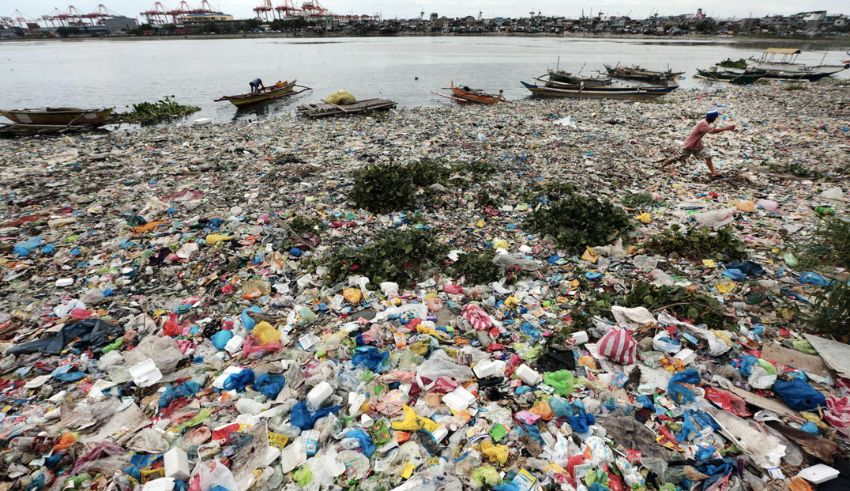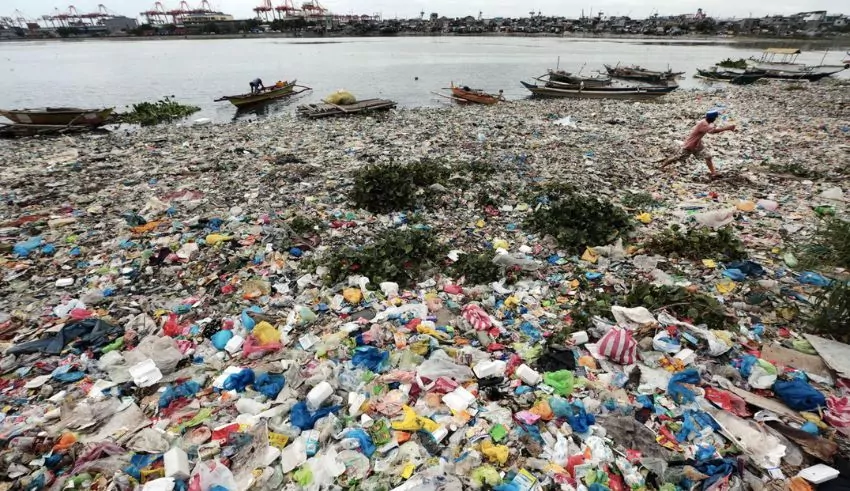

(C) Inquirer.net
The common Filipinos are paying the cost of the plastic waste problem as the Philippines lack the proper infrastructure to process it. Many households are doing their part to lessen the problem, but more needs to be done at the governmental level. Local government units (LGUs) are spending huge amounts of money to manage plastic waste.
Miko Alino, an executive at Break Free From Plastic, said LGUs spending is far from ideal. He believes it would cost as much as 20 percent of the government’s annual budget if a particular city tries to upgrade its waste management infrastructure. Current spending is less than a tenth of the annual budget.
Eyes are on Philippines’ Extended Producer Responsibility (EPR) law; if strictly implemented, it can help LGUs. A company, as per the EPR law, must recover about 20 percent of its plastic wastes by the end of 2023. Companies have to register their EPR program with the Department of Environment and Natural Resources for a proper audit. It can also partner with producer responsibility organizations, like the Philippine Business for Social Progress.
It should be noted that producer responsibility organizations are free to recover the waste they produce however they want. But the activities have to be highlighted under the implementing rules. Basically, the EPR law helps tackle the country’s contribution to the global plastic pollution problem. It has made product manufacturers responsible for the entire life cycle of their product.
The EPR covers plastic packaging, sachets, labels, rigid plastic packaging, plastic promotional items and polystyrene among others. However, environment activists are not very happy with this law as they deem it “polluter-friendly”. They argue it provides plastic waste recovery targets for manufacturers and businesses unclear timeline for phaseouts of plastic products.
Sarah Elago, Kabataan Partylist Representative, says EPR encourages unsustainable and false solutions to the Philippines plastic waste crisis. She highlighted the law was meant to create a market for waste processing facilities and contribute to the establishment of a circular economy. Some experts say ERP should be given time. The Filipino government started off right and the industry has been very supportive.
OpenAI updated ChatGPT-4o to include its best text-to-image tools so free users can generate Studio Ghibli artwork by giving basic…
The stepping down of Piyush Gupta from the post of CEO of DBS Bank came after 15 years of leading…
The Delhi Directorate of Education releases 2025-26 marks for year-end tests in school levels 6 through 11. Online test data…
Singapore will further cement its status as an important basketball destination when it hosts three FIBA 3x3 events in 2026…
Jewel Section E, directed by Theodore Boborol and starring Ashtine Olviga as Jay-Jay Mariano, Andres Muhlach as Mark Keifer Watson,…
Cebu Pacific celebrates the delivery of its very first aircraft for 2025, the 459-seat Airbus A330neo, delivered at Ninoy Aquino…
This website uses cookies.
Read More